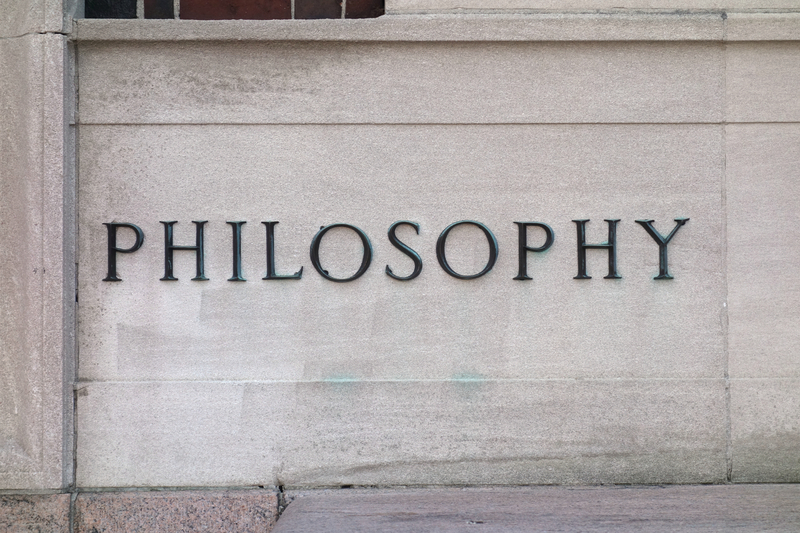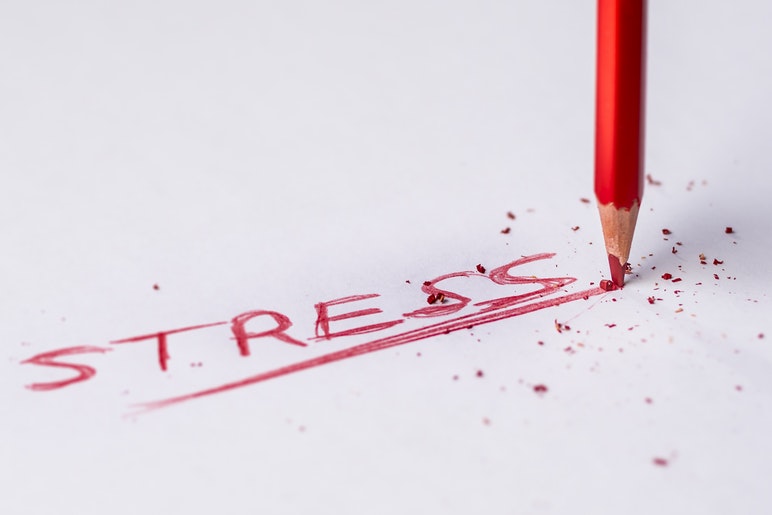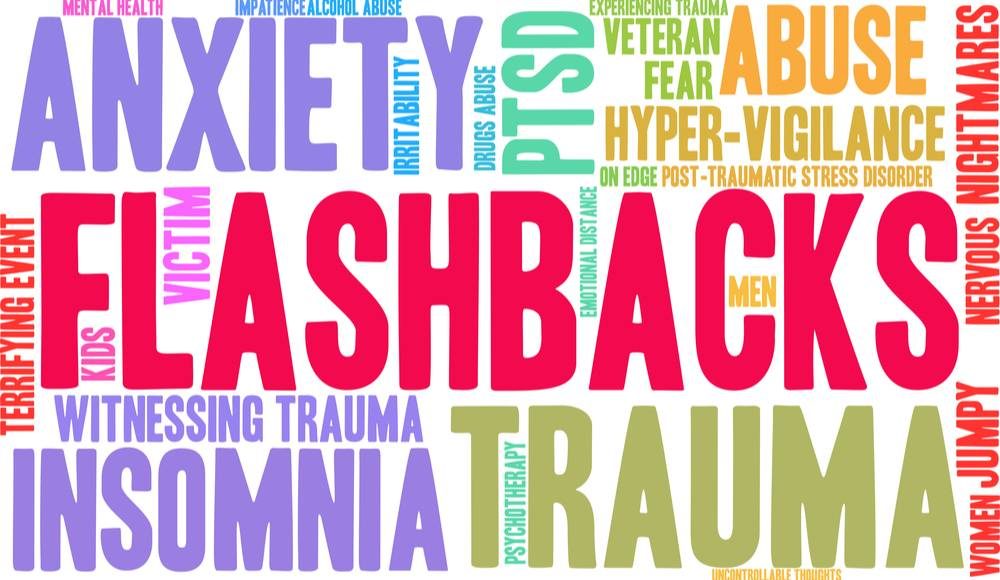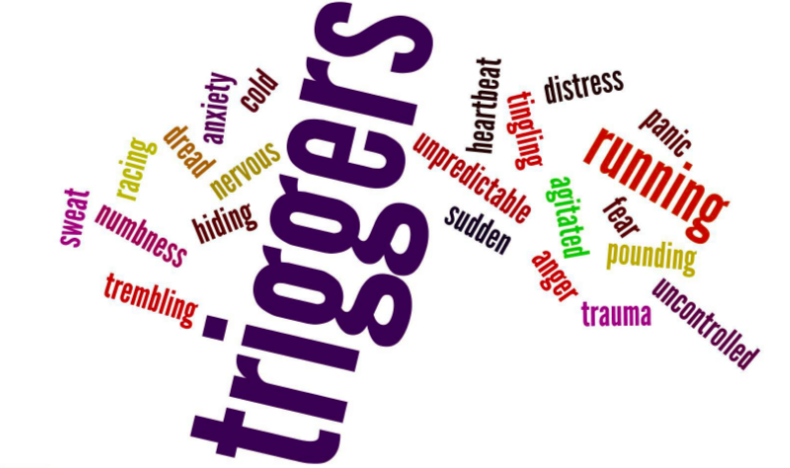The Philosophy of One’s Own Demise

To live, we must have a philosophy. Whether implicit or explicit, we have no choice. We do, however, have a choice about how we construct that philosophy. Do we use the intellect to gather knowledge and formulate an accurate perception of the world around us as well as an effective way of facing that world, or do we depend upon our impulses, emotions and random events to shape our existential panorama? The method we choose will ultimately decide our level of success and happiness.
We are easily deceived when indiscriminately accepting a particular view of life as a moral imperative, especially when artfully put forth by those who would like us to serve them. Imagine, a moral code that subordinates our lives to someone else's happiness. The best we could ever hope for under such circumstances is frustration and resentment. But, if we honor ourselves, by acknowledging the sacred fact that our own lives have value above all else first and that our own happiness is our supreme purpose, then, we can at last, begin to understand why philosophy and how we crystallize it, is not only important, but indispensable.
The more we complicate life, the more we obscure its fundamentals. That we allow any other value to take precedence over our own lives is not only self-destructive, it is immoral. Society and culture have conditioned us to feel guilty when putting ourselves first. Our institutions unanimously promote self-sacrifice as the highest virtue and altruism as the highest morality. Rational self-interest, however, is not the same as egomaniacal self-centeredness, where one exists at the price of others. Instead, it is where one rightfully honors himself before all others, unfolds his full potential without interference and then, if he so chooses, shares it with those he and he alone deems worthy.
Where altruism prevails, we are either living at someone else's expense, or someone else is living at ours. Can any self-respecting, productive person be genuinely happy while sacrificing what is truly his, or collecting what is truly not? Achieving our own values by our own efforts culminates in our own happiness. To forbid this process is to forbid man's autonomy. First, we serve ourselves, then, we serve those we choose, not those who choose us.
Imposing a philosophy of self-abrogation upon anyone is tantamount to slavery - perhaps, even worse. Here, we capture and cage the mind, not with steel chains and bars that can be broken, but instead, with the infrangible constraints of irrational guilt that keep thoughts of freedom at bay. Mournfully, we believe our desire for individual sovereignty is shameful and immoral. And so, we hide our personal yearnings from each other while collectively acquiescing to a philosophy that is alien to the fundamental nature of man. We identify with our oppressors and obediently accept our primal sentiments as nothing more than an evil affliction, cured only by intellectual suicide.
Before anything can have value to man, man must have value to himself. Without a self there is no measure of good and evil. And therein lies the danger. When he dutifully consents to forfeit his happiness to the happiness of those who demand it, he consents to becoming the means to a selfless end - i.e., he consents to servitude. Is it any wonder that when man becomes a sacrificial animal, happiness becomes elusive and mysterious? He misconceives it as a product of pedigree or purchase, yet neither brings fulfillment. He doesn't grasp that happiness comes only from the achievement of one's values because he has surrendered the ultimate value - his life - which gives value to all else.
It is only through philosophy that man knows where he is, how he knows where he is and finally, how he should act where he is. His conclusions are as dependable as the tools he draws them with - they either set him free or place him in bondage. They tell him that happiness is an achievable goal in an ordered world that he can align with, or that misery is certain and inescapable in a haphazard world that is hostile and unknowable; that he is here to serve himself and those he honors, or that his life must be sacrificed to others on demand.
When we employ the intellect, it is universally understood that every man has an equal right to live, an equal right to himself and an equal right to all the fruits of his labor. When we employ the emotions, reality is distorted by one's peculiar sense of life and there will be as many interpretations as there are interpreters. Objectively, man is unequivocally free. Subjectively, he is as free as anyone feels he should be. Conflict is sure to arise where truth meets opinion. Reconciliation is impossible between two disparate universes, each
inhabited by a distinctly different species.
To know we are free, even if shackled, we need philosophy. To know we are right, even if labeled wrong, we need philosophy. To endure bad things, even if we've only done good things, we need philosophy. And the philosophy we need is one that tallies with reality and places man and his mind on the highest pedestal. What we must reject is a philosophy that subordinates one man to another, and the intellect to the emotions, making happiness a futile proposition and a life of reason impossible. What we cannot accept is a philosophy that consoles us with a promissory note for life after death in exchange for life after birth. This
would be the philosophy of subjugation, sorrow, guilt and unconsciousness; This would be the philosophy of both self-abasement and presumptuousness - what one man relinquishes another man claims. This would
be the philosophy of one’s own demise.
As a natural health consultant for over 25 years Mark Houllif has been teaching the scientific principles of health promotion. The goal is to guide the individual back to health using natural and nutritonal methods. By removing the causes of disease and establishing conditions of health we allow the body to most powerfully manifest its natural healing tendencies.











